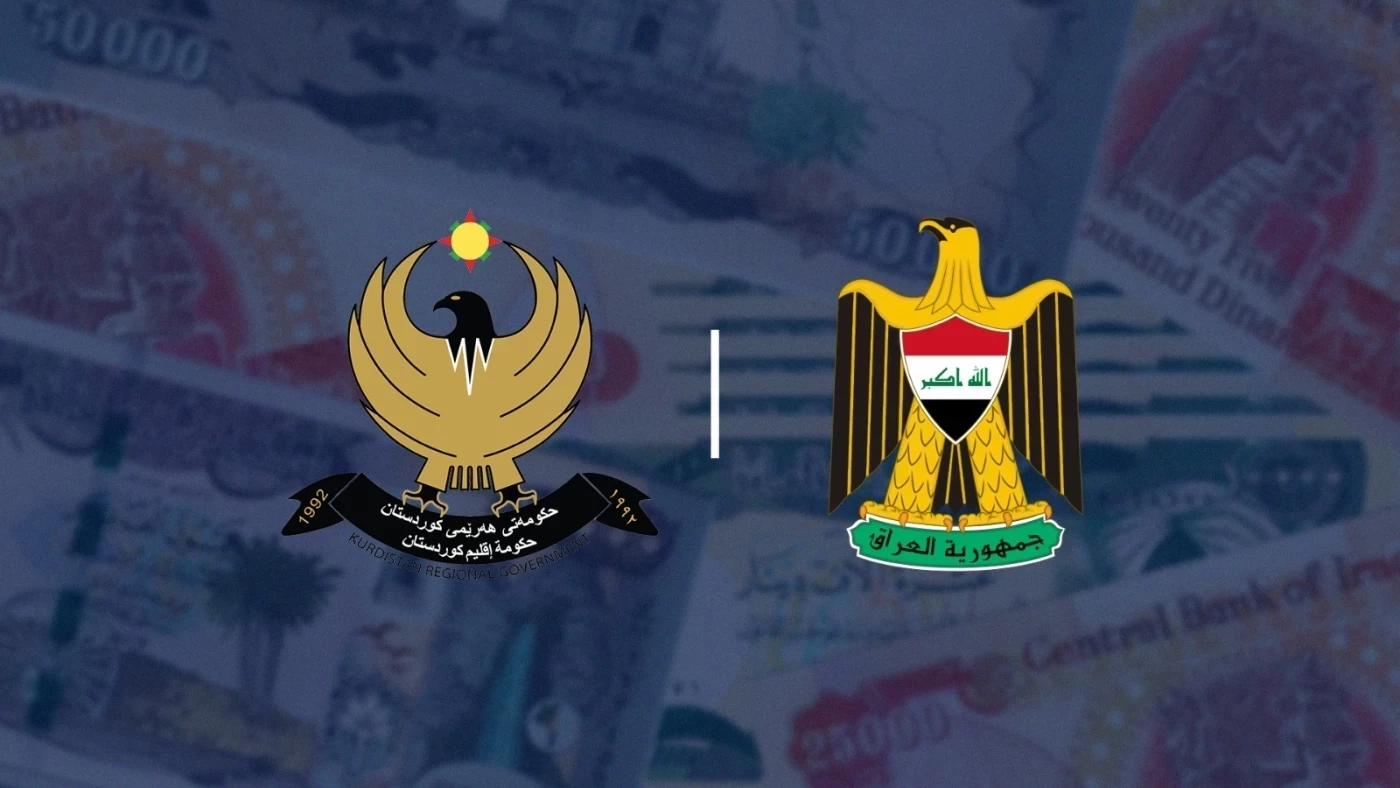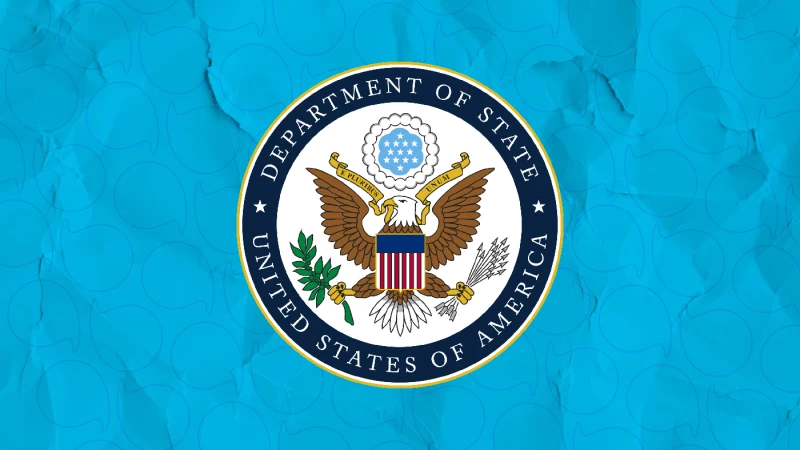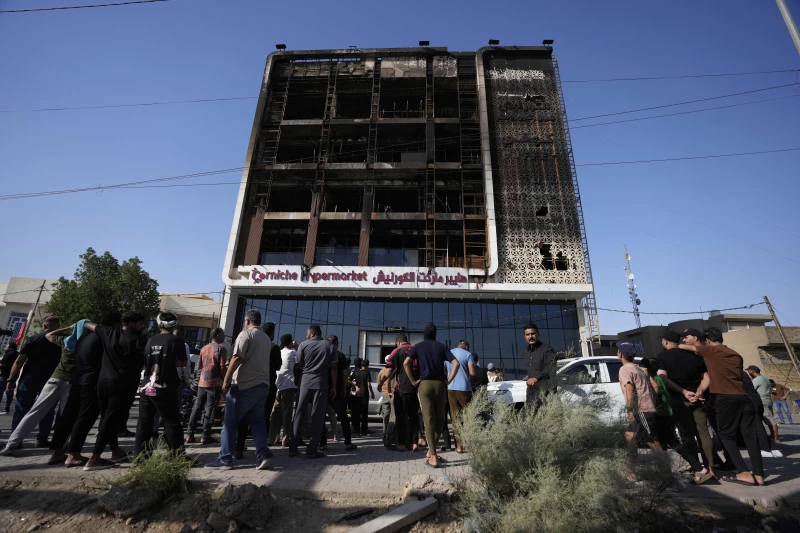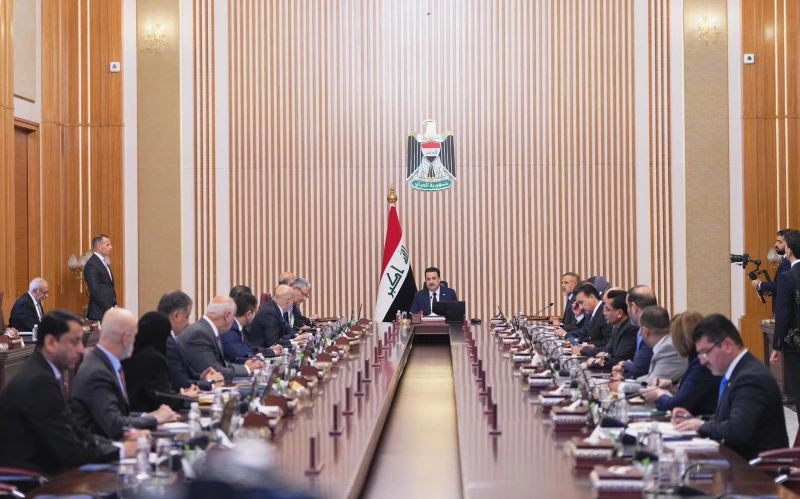HALABJA, Kurdistan Region of Iraq – The Iraqi federal government and the Kurdistan Regional Government (KRG) on Thursday announced reaching an agreement aiming to resolve their outstanding financial disputes. The deal outlines a set of procedures and commitments that both parties are required to uphold.
The Iraqi Council of Ministers in a special session on Thursday approved a draft agreement between Erbil and Baghdad relating to the delivery of the Kurdistan Region’s oil products and non-oil revenues to the federal government, which would pave the way for the disbursement of the Region’s civil servant salaries after more than two-and-a-half months of suspension.
In a statement shortly following the meeting, the council revealed that the agreement obliges the Kurdistan Region to send over 230,000 barrels oil per day to be exported through Iraq’s State Organization for Marketing of Oil (SOMO), while allocating 50,000 barrels for the region’s local consumption
In return, Baghdad is set to reimburse Erbil for the production and transportation cost of the oil delivered to SOMO at the rate of $16 per barrel, while the KRG will cover the production cost of the oil used for local consumption.
“The minimum quantity delivered should be no less than 230,000 barrels per day. Any future production increases will also be added through the joint measurement and calibration committee. If exports stop for any reason, the entire quantity (230,000 bpd or more) must be handed over to the Federal Ministry of Oil,” the statement noted.
The agreement also notes that “revenues from the sale of derivatives will go to the federal treasury” after deducting the production and transportation cost. “If needed, the federal Ministry of Oil will supply the Region with petroleum products — not exceeding the output from refining 15,000 bpd.”
Moreover, The KRG “shall deliver an estimated initial payment of (120) billion dinars” as the federal treasury’s share of non-oil revenue for the month of May to the Iraqi finance ministry, with the figure to be revised after the completion of an audit by a “task force” comprised of relevant bodies from the two governments, “to classify and audit non-oil revenues and determine the federal government's share thereof.”
Another joint committee will be formed to complete the Tawtin (localization) of the Region’s salaries, while a separate team will work to determine “the extent to which the Region has exceeded its allocated spending, and propose corrective measures according to the Federal Budget Law for the years 2023, 2024, and 2025.” The findings of the final team must be submitted to the Iraqi government within two weeks.
Accordingly, he Iraqi finance ministry will “begin disbursing salaries to the Region’s employees for the month of May,” pending confirmation from the Ministry of Oil or SOMO that the agreed 230,000 barrels per day have been received at the Ceyhan port.
The approval of the draft came after the Kurdistan Region’s Council of Ministers on Wednesday said they had reached “a joint understanding” with the federal government to hand over oil and non-oil revenues to Baghdad in exchange for the latter resuming the payment of the Region's financial entitlements, coming after months of negotiations to resolve the crisis.
In a letter addressed to the KRG in late May, Iraqi Finance Minister Taif Sami said that Baghdad was “unable to continue funding the Region” for the rest of the year, arguing that Erbil has already exceeded its share of the annual budget.
Kurdistan Region Prime Minister Masrour Barzani on Thursday welcomed the Iraqi federal government's approval of the draft agreement.
“We welcome this step and, accordingly, await the federal government's release of salaries and financial dues to the Region,” said Barzani in a statement, adding that “the KRG has demonstrated maximum flexibility and has been committed to fulfilling all its obligations.”


 Facebook
Facebook
 LinkedIn
LinkedIn
 Telegram
Telegram
 X
X



